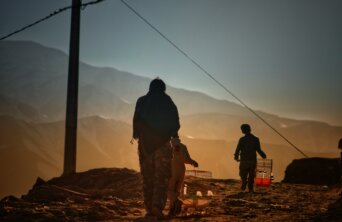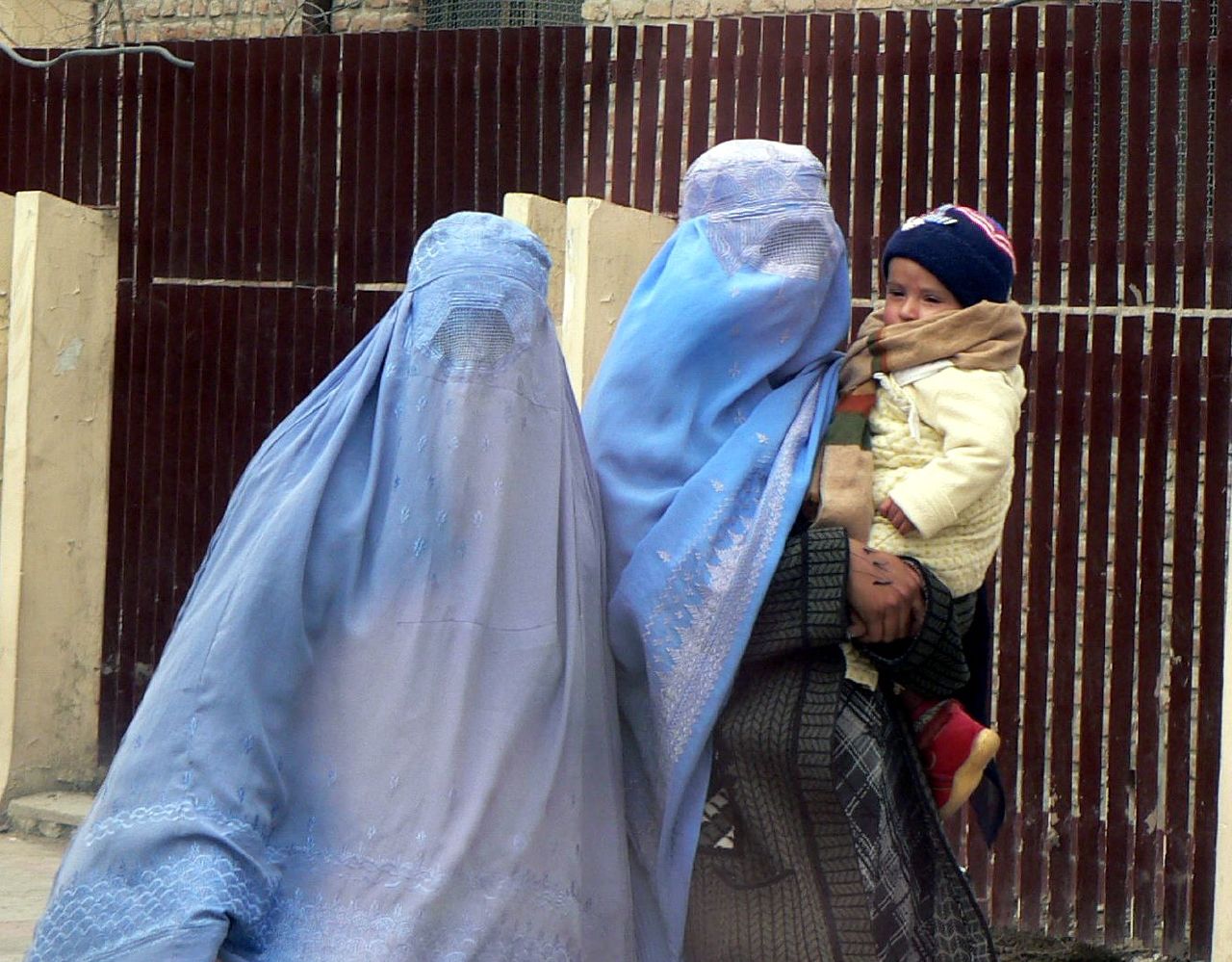- About
- Topics
- Picks
- Audio
- Story
- In-Depth
- Opinion
- News
- Donate
-
Signup for our newsletterOur Editors' Best Picks.Send
Read, Debate: Engage.
| topic: | LGBT Rights |
|---|---|
| located: | Afghanistan |
| editor: | Shadi Khan Saif |
There is growing discussion around the conditional recognition of the Taliban's rule in Afghanistan, known as the 'Islamic Emirate', following remarks made by the Deputy UN Secretary-General, Amina Mohammed. This development has important implications not only for the millions of Afghans who will be affected, but also for global human rights and democratic values.
Concerns have been raised that granting the Taliban recognition without conditions could set a dangerous precedent for other groups and individuals worldwide.
During a recent speech at Princeton School of Public and International Affairs, Mohammed suggested that steps should be taken towards recognising the Taliban, but emphasised the need for a principled approach. She also noted that the Taliban are seeking recognition and that this could be used as leverage.
However, there are concerns that recognition negotiations must be transparent and inclusive, involving a range of voices, including defenders of women's rights, press freedom, and LGBTQ+ rights. The Taliban's record on gender and minority rights has been heavily criticised, with groups claiming that they have engaged in abusive behaviour including extrajudicial punishments and executions.
Currently, any individual of the LGBTQ+ community living under Taliban rule must live in secrecy out of fear of torture, abuse or execution.
Despite international pressure on the Taliban to respect the rights of women and girls, concerns remain about their treatment of minorities and the LGBTQ+ community. It is important that any recognition of the Taliban takes these issues into account and includes measures to protect the rights of vulnerable groups.
The current policy of neglecting Afghanistan is not seen as productive, and there are calls for a change in approach. However, it is also important to ensure that any recognition of the Taliban is not seen as legitimising their actions or granting undue influence to former elites who may not represent the interests of all Afghans.
The proposed UN conference must prioritise the fundamental rights of all Afghans and provide a fair opportunity for representation.
Photo by Farid Ershad

